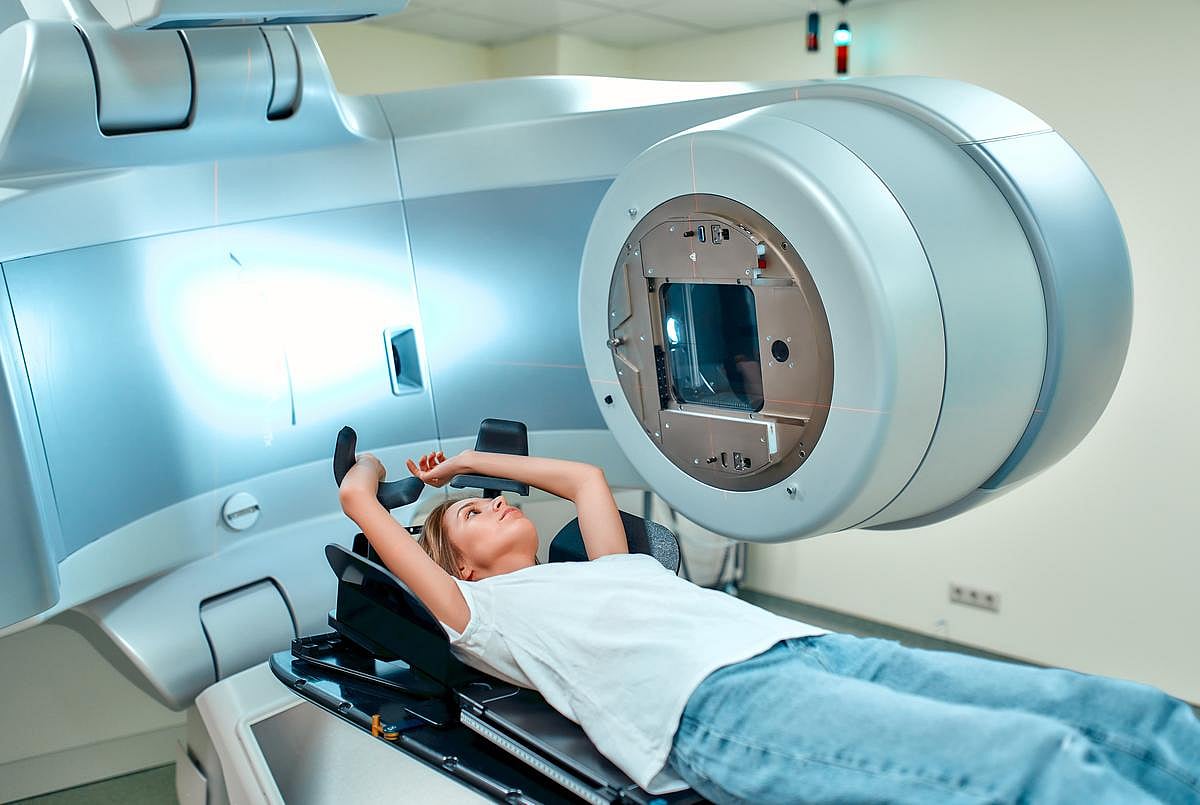Reductions of 39.8 and 31.7 percent in no-show rates seen at the patient and program levels, respectively
By Elana Gotkine HealthDay Reporter
TUESDAY, Nov. 18, 2025 (HealthDay News) — A quality improvement (QI) collaborative can reduce rates of missed radiotherapy appointments, according to a study published online Nov. 11 in the Journal of the American College of Surgeons.
Kelley Chan, M.D., from the American College of Surgeons Cancer Programs in Chicago, and colleagues conducted a two-year prospective national QI collaborative aimed at decreasing patient- and program-level rates of missed radiotherapy appointments at 194 American College of Surgeons-accredited cancer programs, which scheduled 99,057 patients for radiotherapy.
The researchers found that at the patient and program levels, there were reductions of 39.8 and 31.7 percent in no-show rates, respectively (from 8.3 to 5.0 percent and from 8.2 to 5.6 percent, respectively). There were reductions seen for all program types, in most census regions, and for breast, gynecologic, and gastrointestinal cancers. Transportation and patient illness unrelated to toxicity were the most frequently addressed barriers (62.3 and 37.1 percent, respectively). Development of a workflow and/or protocol related to identified barriers and creation of internal resources to address barriers were the interventions most often implemented (68.9 and 54.3 percent, respectively).
“This research highlights the distinct challenges cancer patients face throughout their treatment journey — and showed us how a large-scale quality improvement project can address those challenges,” senior author Laurie J. Kirstein, M.D., also from the American College of Surgeons Cancer Programs, said in a statement. “As cancer care providers, we need to be aware of the obstacles that patients face when seeking care and develop feasible, innovative ways to support both hospitals and patients.”
One author disclosed ties to Pfizer.
Copyright © 2025 HealthDay. All rights reserved.








